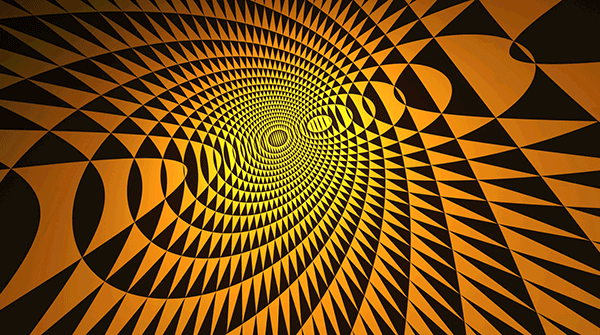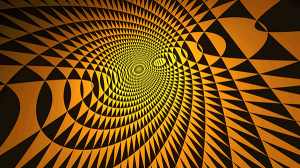
 Just because an image is available on Google Images or Bing Images, does not mean you have permission to use it. Not only is it a violation of copyright and trademark laws, it is also morally wrong. Luckily, there are dozens, if not hundreds of sites that offer free, high-quality images for you to download. I got a little flack from a student recently, who thought my previous post focused too much on free multi-media resources.
Just because an image is available on Google Images or Bing Images, does not mean you have permission to use it. Not only is it a violation of copyright and trademark laws, it is also morally wrong. Luckily, there are dozens, if not hundreds of sites that offer free, high-quality images for you to download. I got a little flack from a student recently, who thought my previous post focused too much on free multi-media resources.
Today I want to talk about where you can get images for free, and a little tiny bit about the legalities of using any of these images.
Three of my favorite resources for free images are: 1 Million Free Pictures, Public Domain Pictures and Pixabay. Each website has its own pluses and minuses, but I tend to find better quality images, in my humble opinion, on Pixabay.
Another thing I like about Pixabay is that they offer free illustrations and vector graphics in addition to traditional photographs. I’ve never had much difficulty finding an image to represent a concept by checking out these three free resources.
Now about that legal stuff…
Disclaimers first: I’m not an attorney, and if you have any questions about what you’re doing you should talk with one. That being said, the rules are pretty clear. If I put an image on the internet that I created, then I own the copyright. If I own it and you use it without my permission, then you are stealing. A client of mine got caught doing that and had to pay a very hefty fine, or face legal action. There are plenty of ways for artists to track the movement of their images across the internet, including the use of meta-data and algorithms that should prove you are never anonymous.
Artists and lawyers have come up with something called the Creative Commons License, however, that let’s the people who create the image tell you it’s okay for you to use it for free. There’s plenty of information about the six different licenses that artists can use, but the ones I pay the most attention to are called the CC0 — “No Rights Reserved” and the various forms of the CC Attribution License. Often called the CC BY licenses, the attribution licenses require that you give credit to the person who created the image. There are also further restrictions that the artist or photographer can add, such as that you can use it for free when you give credit, but you can’t change it or sell it.
Whenever possible, you probably want a CC0 license, just so you can be certain you have the broadest rights to use the image. Any website where you download the image should be able to tell you which license, if any, the author tagged the image with. If you use a CC BY image, be certain you look at what the exact license grants you the authority to do. Also, check out this handy-dandy reference on Best Practices for Attribution of CC Licensed Images.
If all else fails… purchase an image
If you don’t know if you have permission to use an image, don’t use it. Like so many things in life, you might get away with it one time or a hundred times, but you always stand a chance of getting caught, and paying a very hefty fine for your thievery. The good news is that the internet is also full of sites where you can buy an image, some of them for as little as $1 per image. Check out the powerhouse sites like istockphoto and shutterstock to find royalty free images (that means you can purchase the right to use them).



